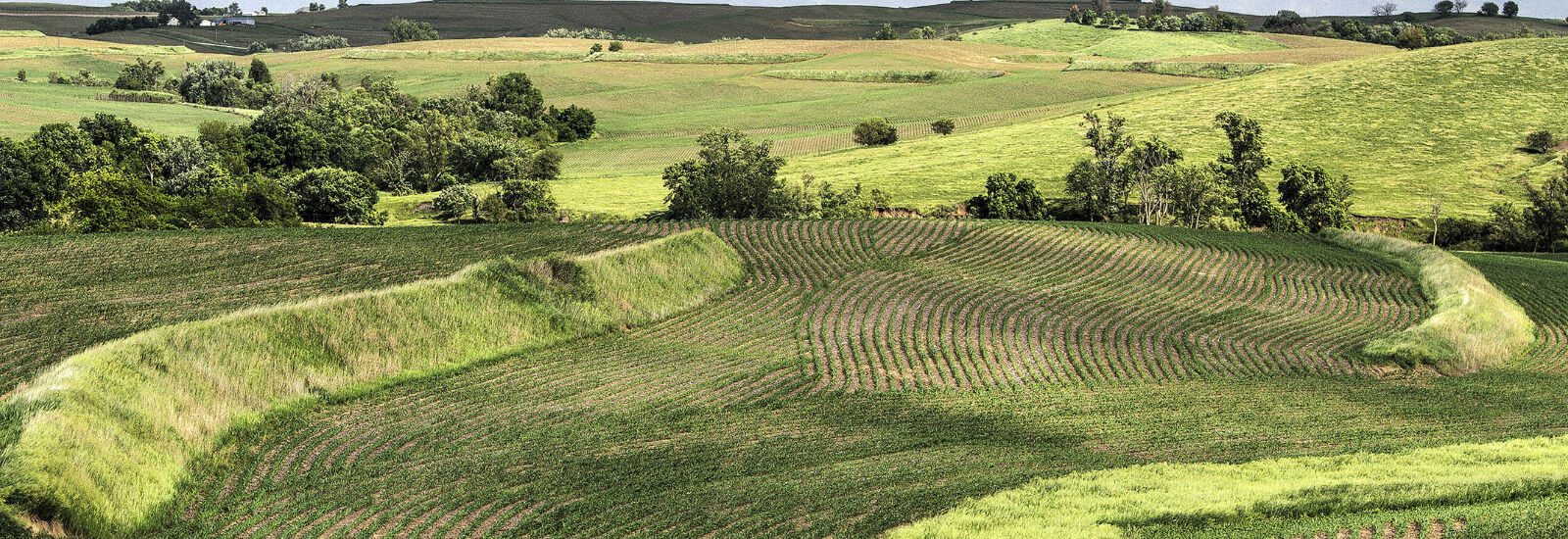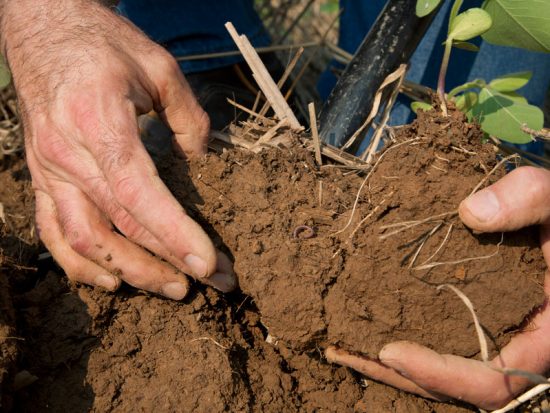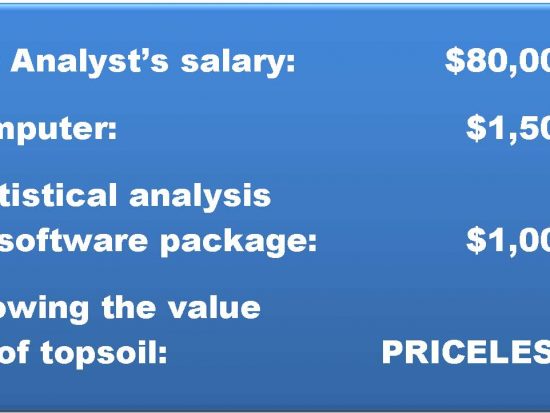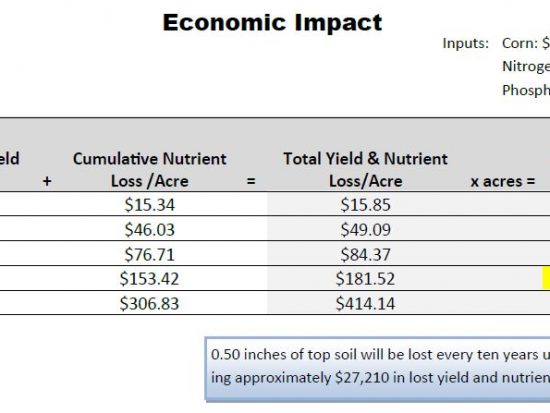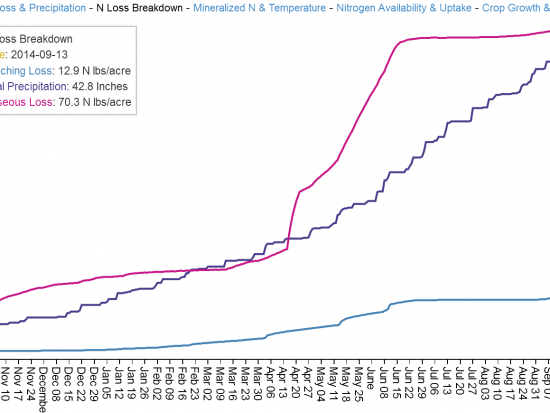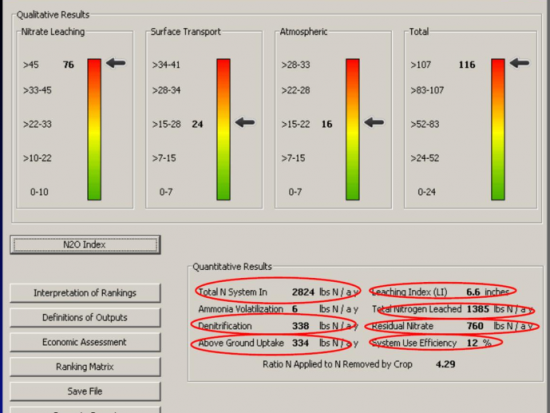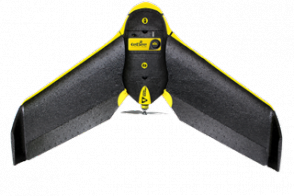A couple of weeks ago, I had the privilege of participating in an expert panel on soil health. The goal of the expert panel was to identify a tool that can be used to project soil health improvements as farmers adopt new agronomic practices.Much is being written and said about soil health these days. It seems like every agricultural magazine and website has at least one article on soil health. There is a constant stream of advice about how agronomic practices like cover crops and no-till can improve soil health. There is also an abundance …
When it comes to conservation, bring on the “Big Data”
In my last post I started by saying, “You would think by now that those of us working in the conservation field would have a really good handle on the value of topsoil. Again, you would think… However in 2015 we still struggle with a quantifiable value for topsoil.”Dr. Rick Cruse’s work gives us a terrific start. However, more research is needed to help us understand variations within fields, across regions and between states because a ton of topsoil does not always equal a ton of topsoil. More research is needed to help us understand why, …
No, soil doesn’t just grow on trees
You would think by now that those of us working in the conservation field would have a really good handle on the value of topsoil. Again, you would think. In the abstract, I think we would all say that we “value” topsoil. However, in the 80 years since we’ve identified soil erosion as an issue in the U. S., we have been unable to even begin to quantify the value of topsoil in real numbers; until recently. Thanks to the leadership of Iowa State University Professor, Rick Cruse, we’ve moved one step closer to identifying the value of one ton …
Getting it right with AdaptN
Note from Tom: A couple of weeks ago, I eluded in the post entitled “Looking at Both Sides of the Equation” that Nitrogen Index tool was the only nitrogen tools that provided information on the amount of nitrogen that is lost for a crop system by leaching, surface transport, and denitrification. Shortly after posting this article, I received an email from Dr. Harold van Es of Cornell University correcting this statement. The following is a guest blog by Dr. van Es.Guest post written by Dr. Harold M. van Es, Cornell UniversityThese days, …
Looking at Both Sides of the Equation
A couple of weeks ago I had the privilege of spending a couple of hours with Dr. Jorge Delgado at his office in Fort Collins, Colorado. Dr. Delgado is a research soil scientist with USDA’s Agricultural Research Service (ARS) and one of the godfathers of Precision Conservation. While visiting, Dr. Delgado demonstrated his Nitrogen Index tool. The Nitrogen Index tool is designed to help resource professionals quickly assess the N loss risk related to agricultural nitrogen. Currently, there are several nitrogen tools available through the …
Putting the Data to Work
The talk today is about Big Data. The question is, will we use what we collect? It reminds me of the 1990’s tagline, “Data Rich, Information Poor.” In the mid 1990’s, USDA NRCS Chief Paul Johnson commissioned a Blue Ribbon panel to study NRCS data collection named “Data Rich, Information Poor.” As you can guess from the title, the conclusion of the report found that NRCS had a huge storehouse of natural resource data that was never converted into useful information.Organizations produce data every day. However, many companies fail to turn …
